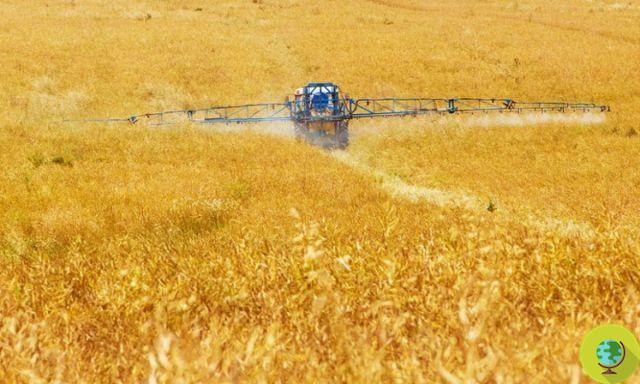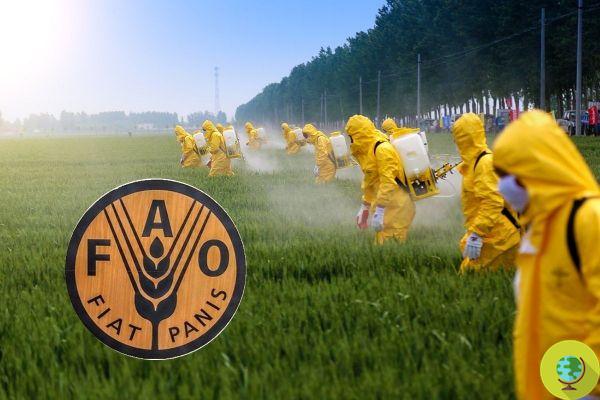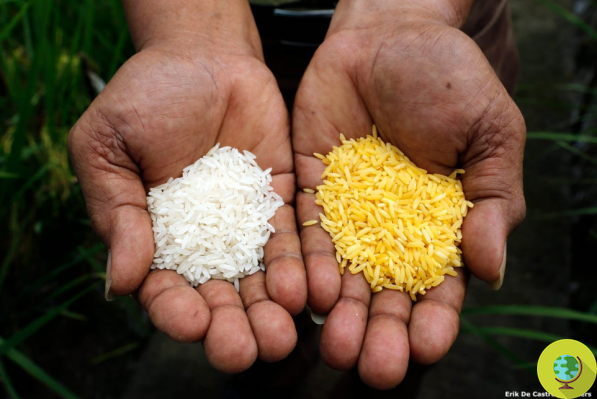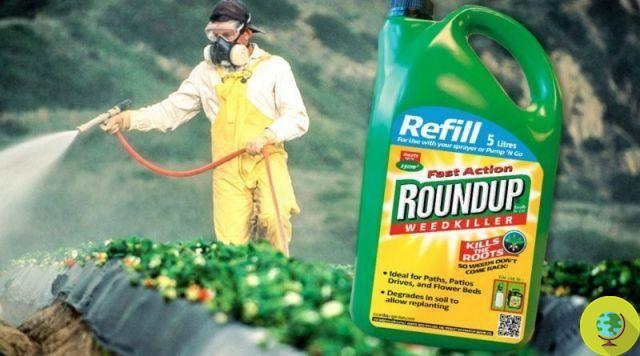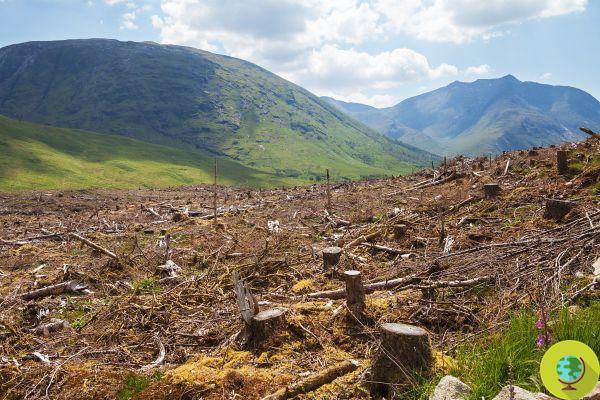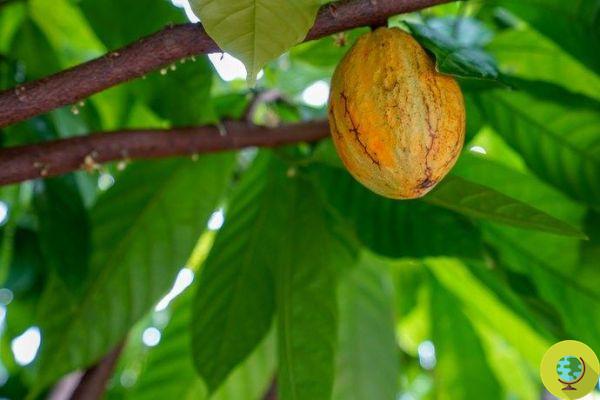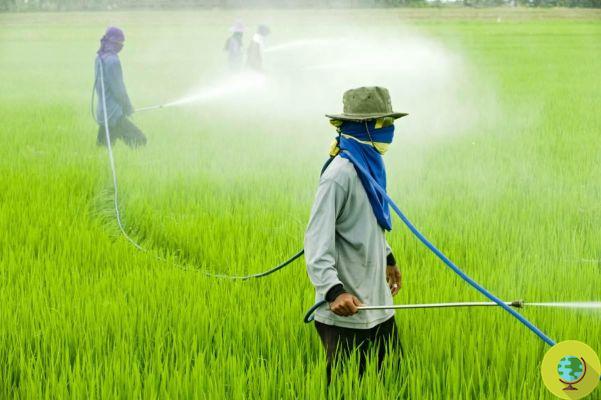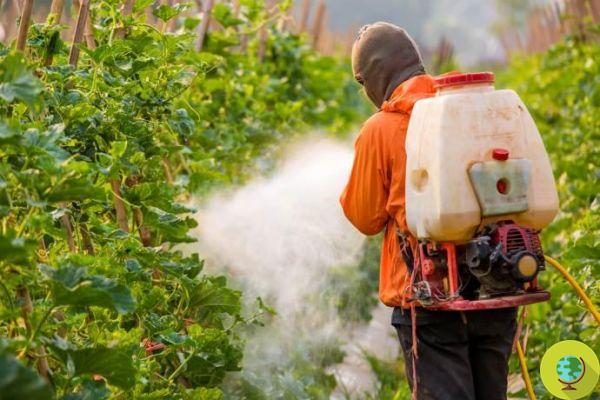
Climate change, in addition to modifying the physiognomy of the planet, are favoring the spread of parasites, which are moving towards the poles at great speed, in proportion to the global increase in temperatures. And concern for food safety is already high
He is about to end up run over, his mother saves him
I climate changes, in addition to changing the physiognomy of the planet, are favoring the diffusion of parasites, which are moving towards the poles at great speed, in a manner proportional to the global increase in temperatures. And concern is already high for the food safety.
That the global warming was responsible for changes in species distributions around the world, it was already known. But a new study by the British universities of Exeter and Oxford has found that parasites are also moving away from the equator and towards the poles. Ecologists have already documented such a change in many wildlife species, including birds and insects.
On balance, the new research has revealed that the habitats of insects and some pathogenic organisms potentially harmful to plants are gradually extending north and south at the rate of 3 kilometers per year. This could lead to an increase in crop loss caused by pests and the diseases they carry, currently between 10 and 16%.
According to Dan Bebber of the University of Exeter, which led the new study, expanding populations of parasites into new territories increases the risk that these organisms could escape our control. Among the biggest threats are mushrooms e oomiceti, similar but distinct groups of microorganisms that cause severe plant disease. Several highly virulent strains of fungi have emerged throughout the world in recent years.
Bebber and his colleagues used documents from the Center of Agricultural Bioscience International (CABI), which they document parasites and diseases around the world from 1822 to today. Until the discovery: crop pests move towards the poles at an average speed of 2,7 km per year, a figure very close to the rate of climate change.
However, the rate of displacement varies greatly between different groups and individual species. Fungi, beetles, insects, mites, butterflies and moths move to higher latitudes, while viruses and nematode worms move to lower latitudes.
According to experts, if this global warming trend does not stop, the effects of the world's population increase and increased crop losses could seriously jeopardize food security.
Francesca Mancuso
READ also:
- 12 do-it-yourself organic fertilizers and pesticides against garden pests
- Tomato macerate against aphids and garden parasites
- Climate change: cocoa and coffee are in danger of disappearing
- Climate change: New York, Boston and Miami will disappear by 2100




